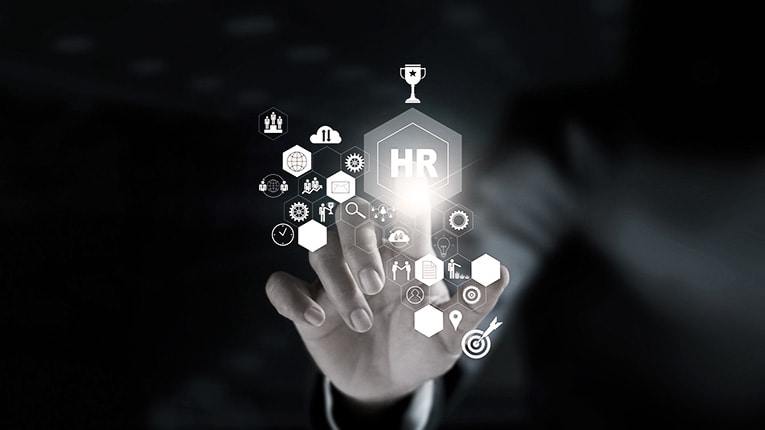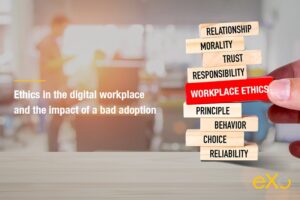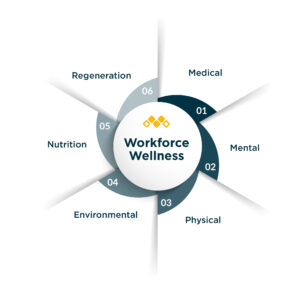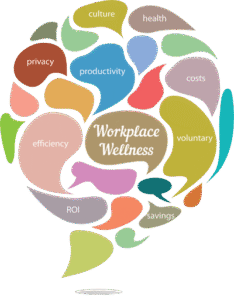Beyond Algorithms: How Judicial Scrutiny of Consent and Evidence Reshapes Ethical AI in HR Tech
6 min read
The rapid integration of Artificial Intelligence (AI) into human resources has promised unprecedented efficiencies in recruitment, performance management, and workforce optimization. However, this transformative wave is now meeting a powerful countercurrent: increasing judicial scrutiny over the ethical foundations of AI in HR Tech. Courts globally are not just reviewing the outcomes of AI systems but are delving deep into foundational elements like genuine consent for data usage and the evidentiary standards underpinning AI-driven decisions. This rigorous examination is fundamentally reshaping how developers design and employers deploy AI, pushing
The Imperative for Ethical AI in HR Amidst Widespread Adoption
AI’s footprint in human resources spans across the entire employee lifecycle. From sifting through countless resumes and conducting AI-powered video interviews to assessing employee performance and predicting attrition, AI tools are becoming indispensable. Their allure lies in reducing human bias, streamlining processes, and identifying optimal talent. Yet, as AI systems become more autonomous, concerns about algorithmic bias, lack of transparency, and potential discrimination have escalated. These concerns have not remained theoretical; they have increasingly become subjects of legal challenge and judicial review, prompting a critical re-evaluation of ethical AI in HR Tech.
For instance, an AI tool designed to identify “top performers” might inadvertently perpetuate existing inequalities if trained on historically biased data, leading to a workforce that lacks diversity. Similarly, an opaque algorithm that rejects candidates based on unexplainable correlations raises questions about fairness and equal opportunity. Judicial bodies are stepping in to ensure that technological advancement does not come at the expense of fundamental human rights and protections. This shift means that simply having an AI tool is no longer enough; demonstrating its fairness, transparency, and ethical robustness is now paramount.
Judicial Rulings Spotlight Consent and Evidentiary Rigour
Recent judicial observations and regulatory guidelines underscore two critical pillars for ethical AI in HR: explicit, informed consent and scientifically sound, verifiable evidence. Courts are increasingly scrutinizing the voluntariness and understanding behind an individual’s consent to have their data processed by AI, particularly in contexts where a power imbalance exists, such as between an employer and an applicant or employee.
Expert legal observers note that the standard for consent in AI-driven HR processes is rising. “Simple checkboxes for consent are no longer sufficient,” states Dr. Anya Sharma, a leading ethicist in AI governance. “Judicial bodies are seeking evidence that individuals truly understand how their data will be used, the potential impact on their employment prospects, and that their consent is given without any form of duress or implied negative consequence for refusal.” This means that HR tech providers and employers must develop more granular, transparent, and user-friendly mechanisms for obtaining and managing consent, moving beyond superficial agreements to genuine understanding.
Furthermore, the reliance on scientific and verifiable evidence is emerging as a non-negotiable requirement. Just as traditional legal proceedings demand objective proof, courts are now demanding that AI systems provide demonstrable, unbiased, and auditable evidence for their conclusions. If an AI system recommends hiring Candidate A over Candidate B, employers must be able to articulate the specific, non-discriminatory criteria and data points that led to that recommendation, and crucially, demonstrate that the algorithm itself is not inherently biased. This often necessitates explainable AI (XAI) capabilities, robust validation studies, and comprehensive audit trails for every AI-driven decision.
This judicial emphasis challenges the “black box” nature of many AI algorithms. It compels developers to build systems where outputs can be traced back to inputs and the decision-making logic can be understood and defended. It’s a call for accountability, ensuring that AI augments human judgment rather than replaces it with an inscrutable, potentially flawed oracle. The precedent being set is clear: algorithms must not only work but also show their work, proving their neutrality and reliability.
Impact on HR Tech Development and Global Workforce Readiness
The increased judicial scrutiny has profound implications for both HR tech developers and organizations utilizing these tools. Developers are now under pressure to embed ethical considerations—such as fairness, transparency, and privacy-by-design—into the very architecture of their AI solutions. This includes rigorous testing for bias, developing robust data governance frameworks, and prioritizing explainability features that allow human oversight and intervention.
For employers, this translates into a heightened need for due diligence when selecting AI vendors. Organizations must evaluate not just the efficiency of an AI tool, but also its ethical compliance, transparency, and ability to withstand legal challenges. Investing in training HR personnel to understand AI capabilities and limitations, and to interpret AI outputs critically, becomes crucial. Moreover, establishing internal ethical AI guidelines and oversight committees is rapidly becoming a best practice to mitigate risks and ensure responsible deployment.
Crucially, these developments are creating a more equitable landscape for a diverse workforce, including international students and professionals. Historically, certain AI tools have been criticized for inherent biases that might inadvertently disadvantage candidates with non-traditional educational backgrounds, foreign accents, or names that don’t conform to typical patterns in training data. By demanding fair algorithms and transparent processes, judicial scrutiny helps level the playing field. International students, often navigating complex global job markets, can benefit immensely from systems that objectively assess their skills and potential, rather than relying on opaque or biased proxies. This also aligns with the mission of
Expert Insights for Navigating the Evolving Landscape
Navigating this evolving landscape requires proactive strategies from all stakeholders.
- For HR Professionals and Employers:
- Demand Transparency from Vendors: Prioritize HR tech providers who offer clear documentation on how their AI models are built, trained, and tested for bias. Ask for explainability features.
- Implement Human Oversight: AI should assist, not dictate. Ensure human review and override capabilities are integrated into every AI-driven decision point.
- Review Consent Mechanisms: Revisit and strengthen your data consent processes to ensure they are truly informed, explicit, and reflect the power dynamics inherent in employment relationships.
- Regular Audits: Conduct independent audits of AI systems to monitor for unintended biases and ensure ongoing compliance with evolving ethical standards and regulations.
- For International Students and Job Seekers:
- Understand Your Rights: Familiarize yourself with data privacy regulations (e.g., GDPR, CCPA) and employer AI usage policies in your target countries.
- Question AI Decisions: If you believe an AI-driven decision was unfair or discriminatory, understand the channels available to you for seeking clarification or appeal.
- Showcase Diverse Skills: Focus on demonstrating quantifiable skills and achievements that transcend cultural or linguistic nuances, as ethical AI aims to value objective merit.
- Seek Out Ethical Employers: Look for companies that publicly commit to ethical AI use and transparency in their HR practices, signaling a fairer recruitment process.
These proactive measures are not merely about compliance; they are about building trust, fostering innovation responsibly, and ensuring that AI serves as an equitable tool for talent management.
Looking Ahead: The Future of Ethical AI in HR Tech
The judicial emphasis on consent and evidence marks a pivotal moment, signaling a future where ethical AI in HR Tech is not merely an aspiration but a legal and operational requirement. We can anticipate stricter regulations, potentially harmonized across international borders, governing the development and deployment of AI in employment. The rise of independent AI auditors and certification bodies will likely become more prominent, offering third-party validation of ethical compliance.
The continuous evolution of ethical frameworks will also drive innovation, pushing AI developers to create more robust, transparent, and fair algorithms. The focus will shift from simply automating tasks to ensuring that automation enhances fairness and equity for all candidates and employees, fostering a truly meritocratic global workforce. As
Reach out to us for personalized consultation based on your specific requirements.



